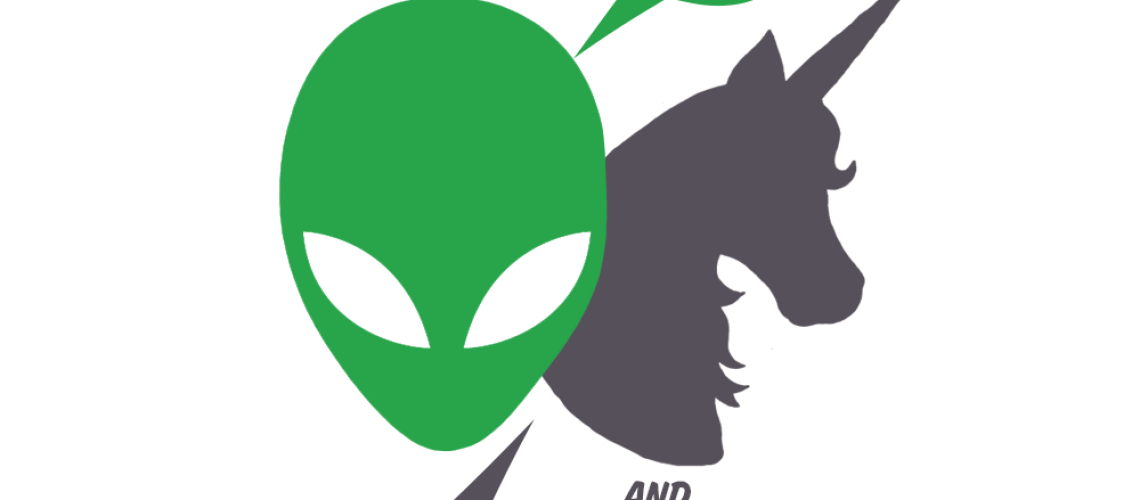“This is called the theory of narrative causality and it means that a story, once started, takes a shape. It picks up all the vibrations of all the other workings of that story that have ever been. This is why history keeps on repeating all the time.” — Terry Pratchett
“People think that stories are shaped by people. In fact, it’s the other way around.” ― Terry Pratchett
When people ask me why I feel diversity is important in Science Fiction and Fantasy, I direct them to Terry Pratchett. He wrote a great deal about racism, sexism, and classism. He also knew a thing or two about people and story. Mainly, that story has a big effect on how people view the world and themselves.
One of my early SF mentors told me, “If you’re going to use [fill in the blank literary device] as a writer, do it deliberately — never by accident.” Fiction is an art form, after all. And part of what makes art Art is working with the subconscious — one’s own and the art-observer’s. (In this case, the writer’s and the reader’s.) Literary devices are the tools writers use to hook into the reader’s mind. They’re patterns, and human brains are hardwired for pattern recognition. (See the science behind perception.) This is how a story can feel familiar and be unfamiliar at exactly the same time, and part of the job of a writer is walking that thin line between the two.
So, let’s briefly talk about archetypes. For good or bad, one can’t really discuss them without eventually bringing up Joseph Campbell and The Hero’s Journey. A great deal of exhaustive thought has been compiled on the subject. In fact, you can’t write for film without getting a lecture on the essentialness of Campbell. Which is why you should be aware of the legitimate criticism of the same. Any time one espouses absolutism there’s going to be trouble. In this case, the mono-story. As Chimamanda Ngozi Adichie points out, mono-stories and stereotypes are connected. Do I really need to draw the line between stereotypes and bigotry? I hope not. Anyway, the thing that no one generally discusses is the fact that archetypes are not static. They’re mutable. Concepts change over time. Memory is fluid. History changes. Ultimately, myths, and therefore archetypes, change too. That means we can change them for the better, but one must be aware of what those archetypes are saying in order to change them. We have to admit they’re problematic first.
One can’t learn from a mistake without owning it first.
Archetypes have a tendency to creep into one’s writing without one’s being aware of it — particularly in the first draft. It’s a good thing. However, that’s why editing is an important. Writing is in the rewriting as they say. That way, one can be sure of using literary devices deliberately. It’s powerful stuff. Representation is also powerful. Does that mean every story needs every kind of person at the center? No. For example: when I first saw Star Wars: The Force Awakens there was one scene that brought me to tears. Did it involve sweeping dialog and deep characterization? No. It was a simple wide angle shot of rebel pilots running to their ships as preparations for the big battle began. I don’t even remember what the main characters were saying. It wasn’t important. What hit me harder than anything in a previous Star Wars film was a small detail. Fifty percent of the pilots dashing around in the background were female. Just like that, I suddenly understood why I always felt so distant from the Star Wars universe. I never felt I could be a part of it. Up until that point, it was only white men, aliens, a (dead) mom, and a princess. I wasn’t a princess and knew that if there were only one place for a princess it wouldn’t be me. I’d make a terrible princess. However, I could imagine myself as a pilot. Ultimately, I wanted to see myself as a Jedi, but even the smallest role was enough.
I suppose it’s difficult to understand how potent those details are when you’ve always been the main focus of the story. So, go back to the top and read those Pratchett quotes. Think about what that means. And understand that when it comes down to it, storytelling is a very important job. Storytellers create space for new ideas. We stretch the collective imagination so that it can include fresh perspectives. Can we save the world? No. Not really. That job is up to the reader. Readers take what they read into the real world and make it reality. Because nothing happens with it being imagined first.
Let’s imagine a better world. Together.








0 Responses
I once overheard someone say, “It’s all narrative. Everything is a story.” I didn’t understand how true this was until, many years ago, I lost my 20 year old daughter to a stupid auto accident. What I remember most about the following months was that the narrative was shattered. My live seemed to be a series of unrelated incidents with no narrative line pulling me into the future. It seems I had no story about a mother burying her child. But perhaps at that time, I was a character in my daughter’s story, the heroine’s failed journey.